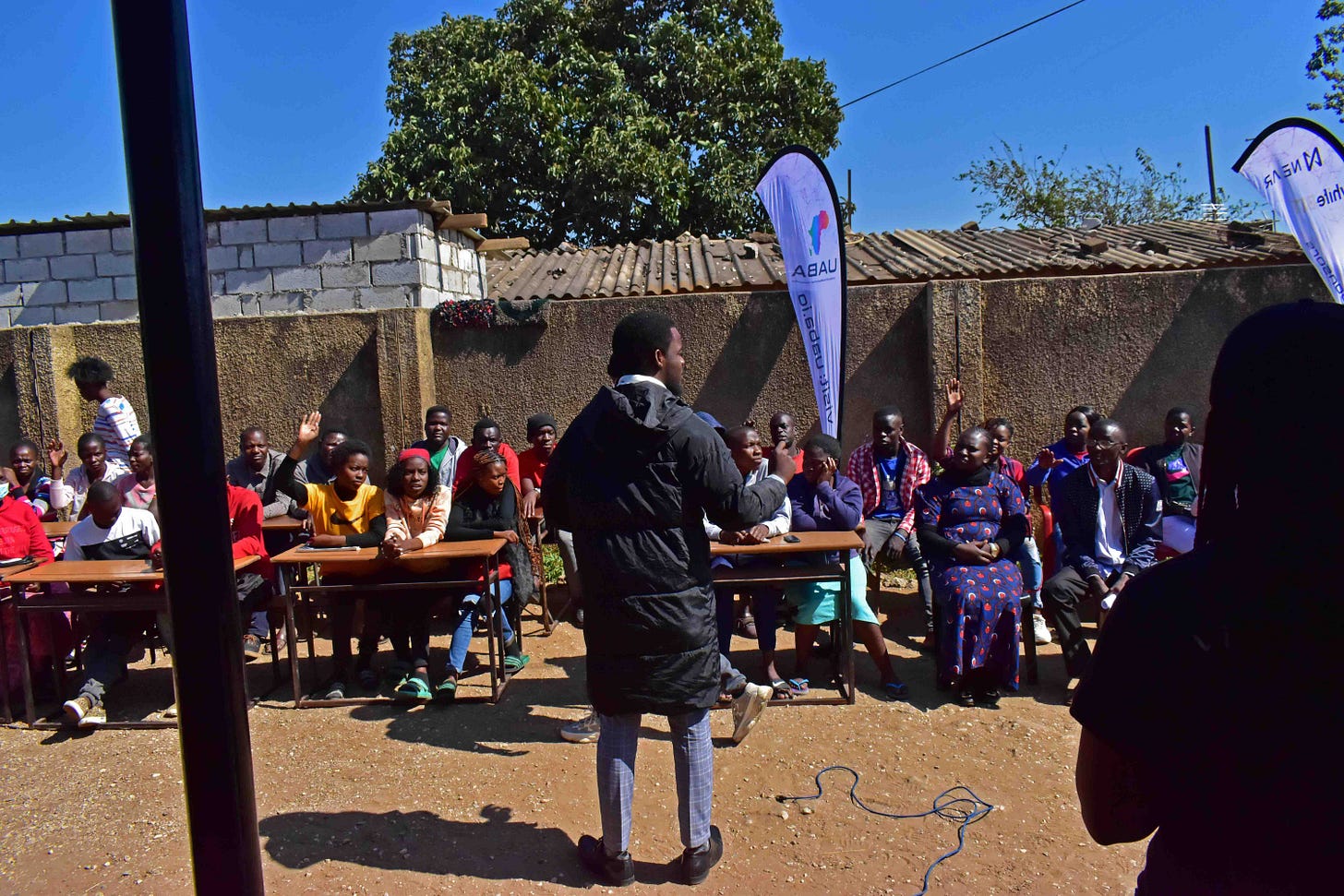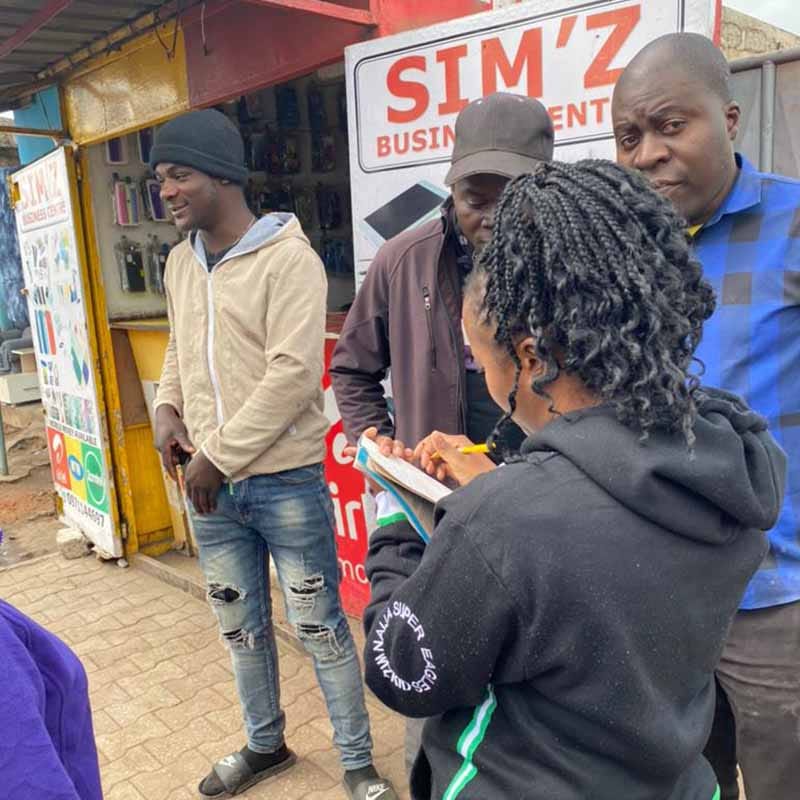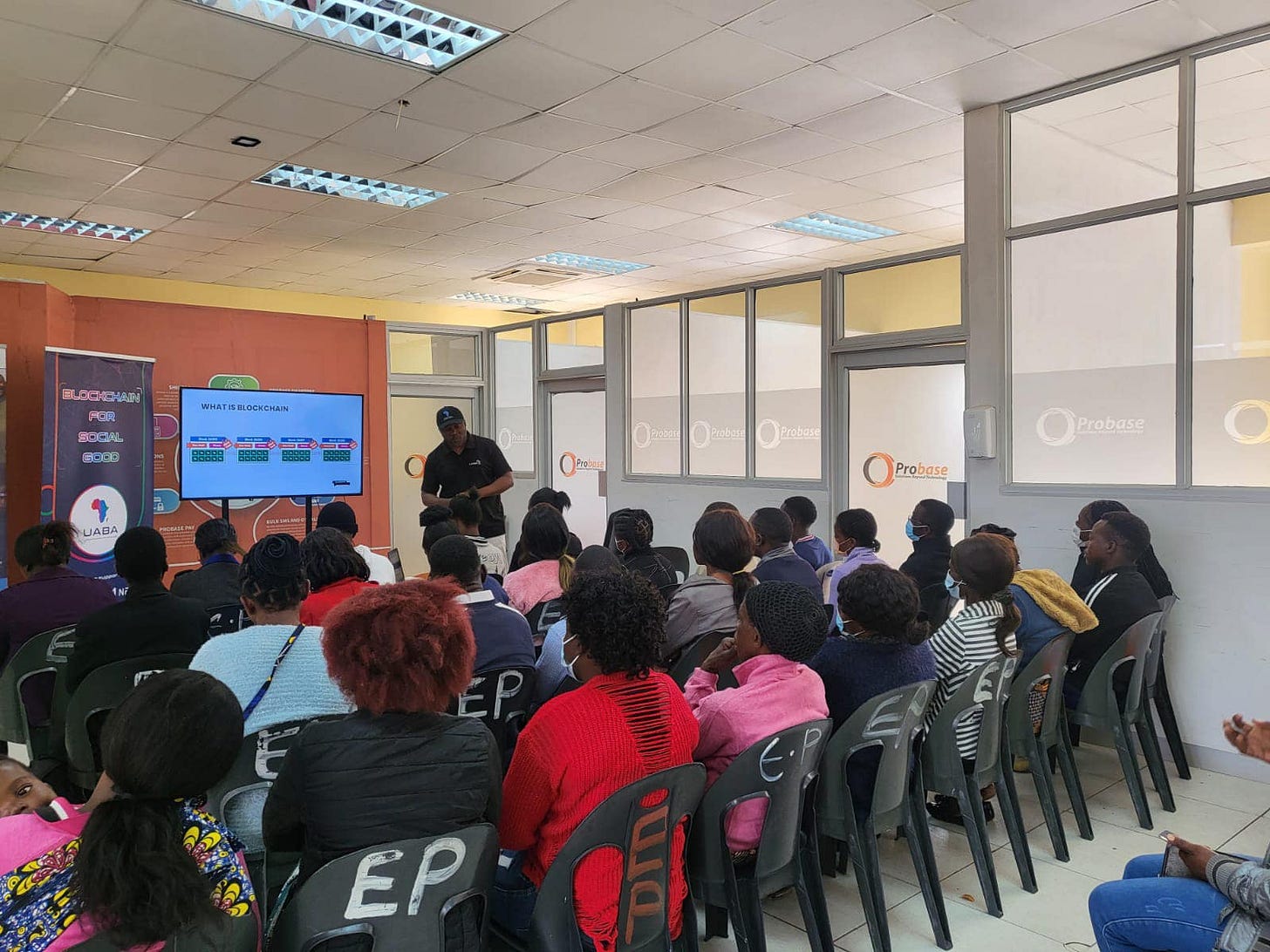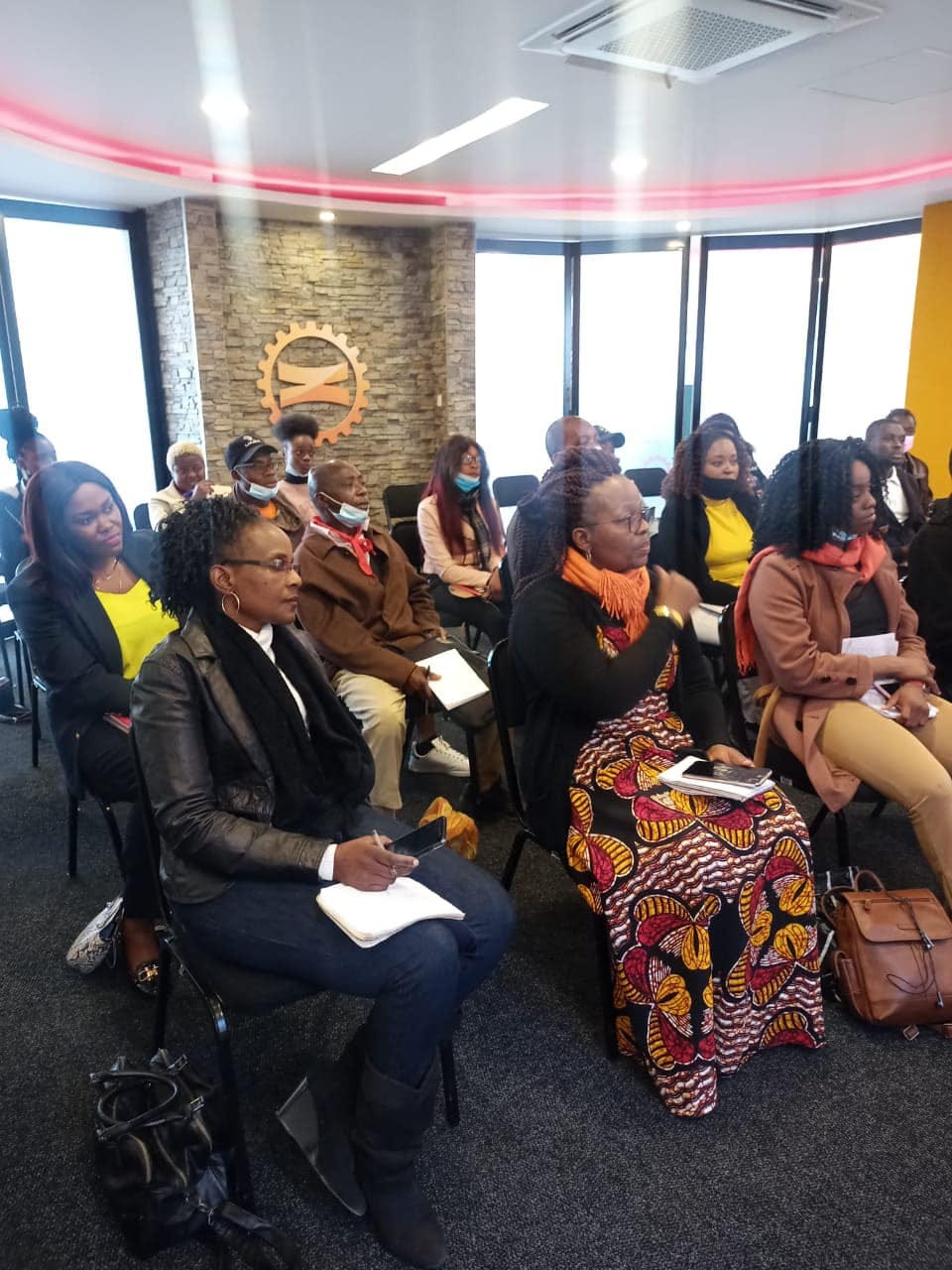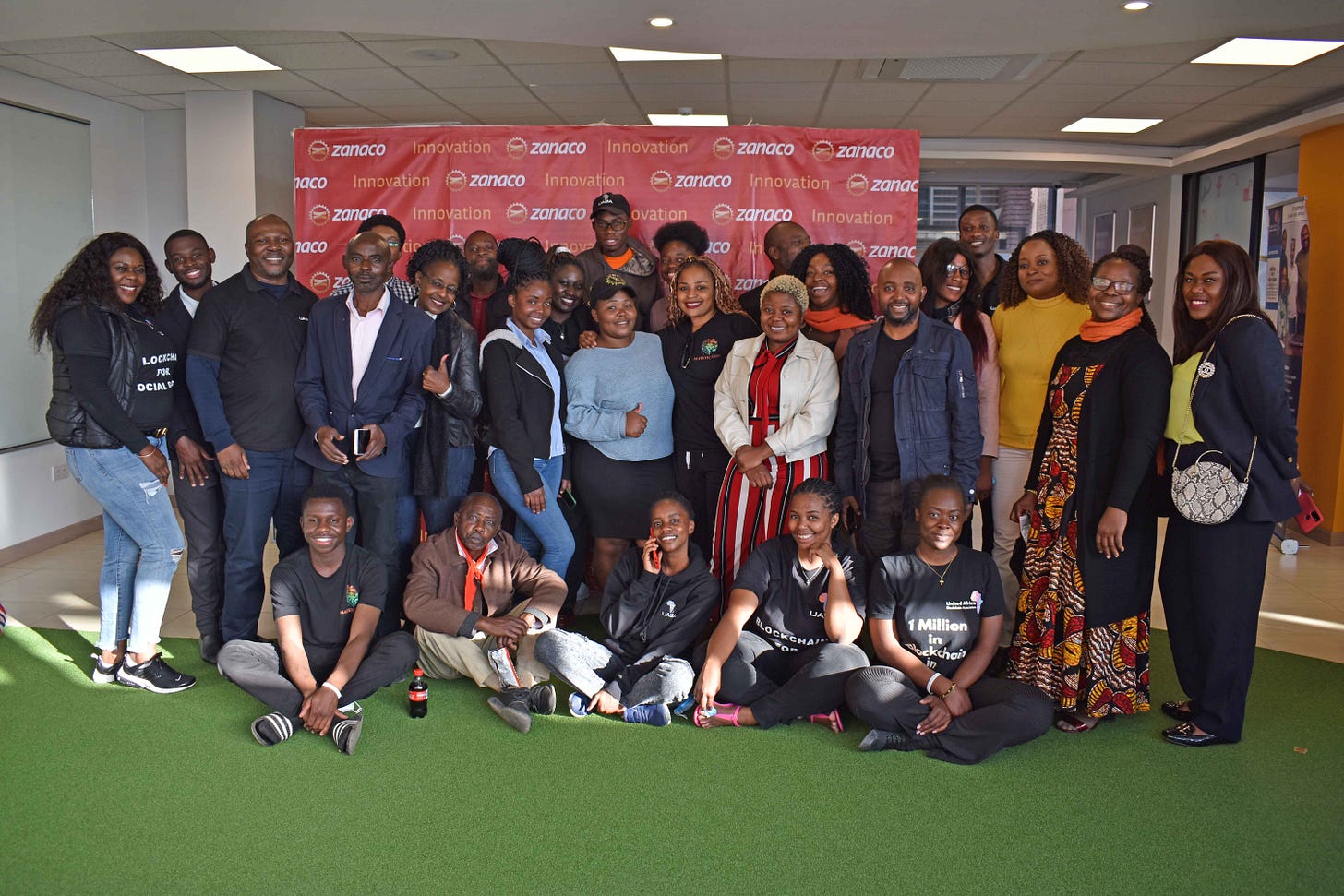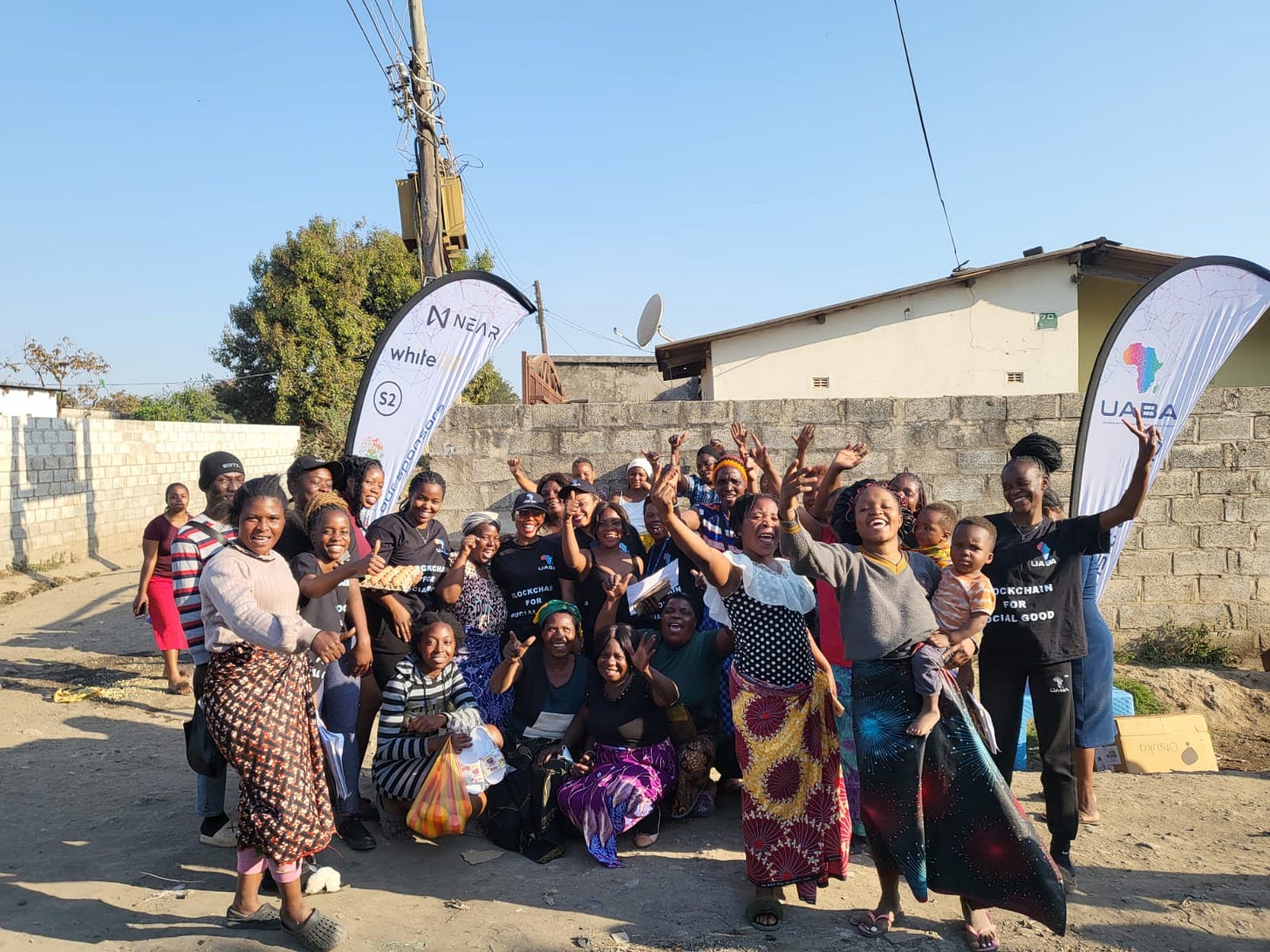08/08/2022 JOHANNESBURG - According to IBM Blockchain, charities, nonprofits and non-governmental organizations (NGOs) one of the barriers to reach the corporate donors willing to help is the right technology. The other is the degree of fiduciary accountability and financial visibility needed by corporate donors can overwhelm these organizations, if not prepared to address them.
“Blockchain technology can power new models for change, advancing knowledge and helping social organizations create shared systems of record that respond to corporate donors’ requirements.”
According to Philip Webb, Managing Director, Investors in Community, Blockchain allows companies, individuals and charities to connect with each other, give directly through the platform, and track and manage their impact. 100 percent of all donations made through the platform passes directly to the target cause, with all transactions captured through blockchain to create an immutable record.
Today Blockchain For Social Good is spearheading life changing interventions across the world. Crowdfunding platforms built on the blockchain have piloted poverty intervention programs during economic crises, such COVID-19 pandemic across. Using mobile technology, donations could be sent straight to those in need right to their phones via a crypto wallet.
In Zambia, The Ministry of Technology and Science (MOTS) highlighted the problem of high youth an employment in the under-privileged high density areas. It called upon the United Africa Blockchain Association (UABA) to come up with solutions that use blockchain technology to mitigate this problem.
UABA piloted a three phase approach that involved a training program for skills development for employment opportunities in the cryptocurrency ecosystem. A basic human needs donations are delivered through crypto wallets. This was all made possible through corporate social responsibility donations. And a marketplace made up of vendors from their location. Participants were chosen from Kalingalinga, Mtendere, Chainda townships in Lusaka, and from the Copperbelt in Ndola and Mufulira.
Most of the participants did not own smartphones; they had to borrow phones from their family members or friends, and then learn how to use digital currency. In some cases the participants took the initiative to share a wallet to receive their donations.





